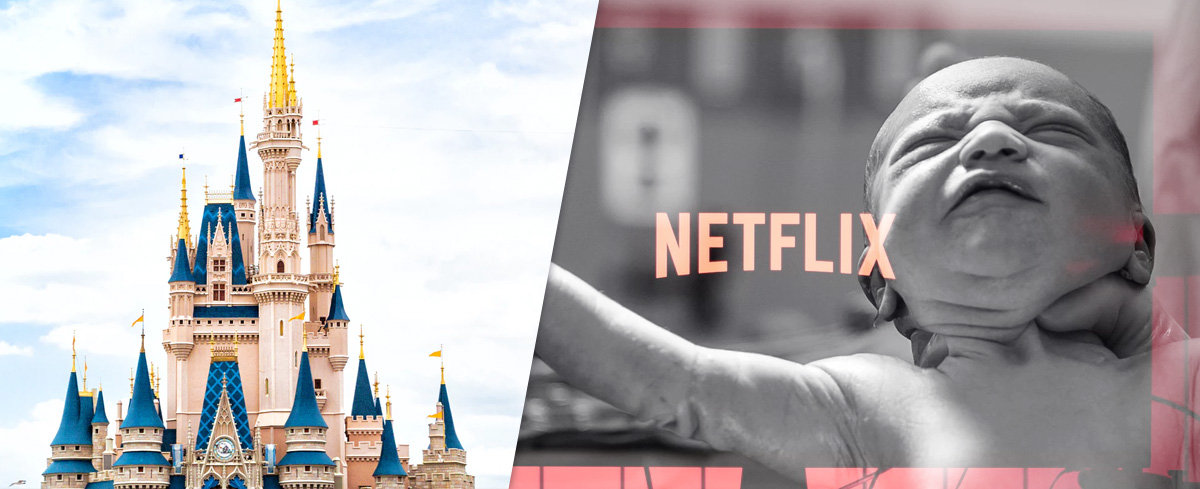In 1791 it’s estimated that about 300,000 people boycotted sugar produced by slaves, causing sales to drop by a third to a half. Thousands of pamphlets were printed encouraging people to join in the protest.
The sugar boycott is one of the earliest examples of consumers using their purchasing power to reject unethical organisations. Two hundred years later, we may need to revisit this approach again.
A number of US media giants have publicly stated they’ll “rethink” filming in Georgia if the new heartbeat abortion law comes into effect.
According to the BBC, Disney, Netflix and WarnerMedia have all objected to the legislation, which would ban abortion after a foetal heartbeat can be detected.
Due to tax incentives, Georgia has become a hub for film and television. According to the New York Times, productions brought the state an estimated $2.7 billion in revenue in 2017.
On May 7, Georgia’s governor, Brian Kemp, signed the bill that’s set to take effect on January 1, provided it survives the expected court challenges from the ACLU and so-called “women’s rights” groups.
Disney’s CEO Bob Iger told Reuters it would be “very difficult” to film in Georgia, claiming, “many people who work for us will not want to work there, and we will have to heed their wishes in that regard.”
On Tuesday, Netflix’s chief content officer Ted Sarandos told Variety: “We have many women working on productions in Georgia, whose rights, along with millions of others, will be severely restricted by this law. It’s why we will work with the ACLU and others to fight it in court.
“Given the legislation has not yet been implemented, we’ll continue to film there, while also supporting partners and artists who choose not to. But should it ever come into effect, we’d rethink our entire investment in Georgia,” Sarandos added.
On Thursday, WarnerMedia issued a statement which said: “We will watch the situation closely and if the new law holds we will reconsider Georgia as the home of any new productions. As is always the case, we will work closely with our production partners and talent to determine how and where to shoot any given project.”
Here’s the thing: About 48% of Americans consider themselves “pro-life”, according to a May 2018 Gallup poll. The Pew Research Center found that 37% of Americans think abortion should be illegal in all or most cases.
So, while media giants are busy threatening to boycott states with legislation that protects the unborn, the question is, what impact will it have on their industry if the pro-life movement decided to boycott them?
What would happen if we all collectively cancelled our Netflix accounts and refused to watch any film or television series produced by these abortion-advocating organisations? And even if they still refused to listen, would we really be worse off for it anyway?
These organisations depend on their consumers. Together, we have far more influence than we realize. Our greatest hurdle, however, is our own self-imposed bondage to entertainment and the ever-present desire to be amused.























